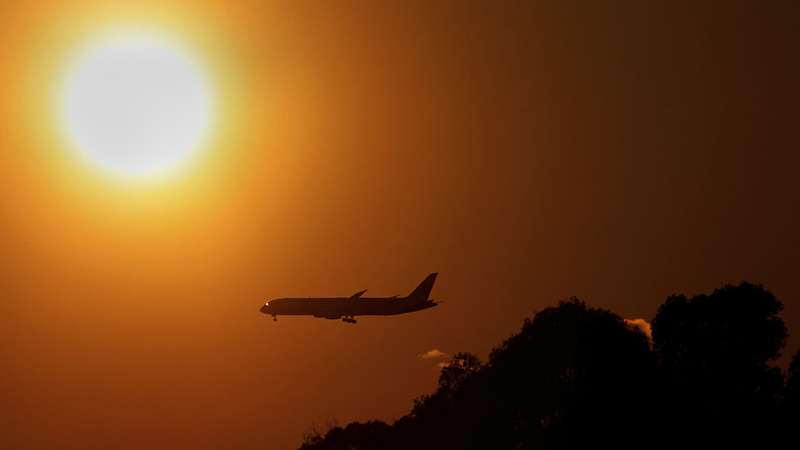IRS Notice 2019-55 (Sept. 25, 2019)
Available at https://www.irs.gov/pub/irs-drop/n-19-55.pdf
The IRS has announced the special per diem rates that can be used to substantiate the amount of business expenses incurred for travel away from home on or after October 1, 2019. Employers using these rates to set per diem allowances can treat the amount of certain categories of travel expenses as substantiated without requiring that employees prove the actual amount they spent. (Employees must still substantiate the time, place, and business purpose of their travel expenses.) The amount deemed substantiated will be the lesser of the allowance actually paid or the applicable per diem rate for the same set of expenses. This notice announces rates for use under the optional high-low substantiation method, special rates for transportation industry employers, and the rate for taxpayers taking a deduction only for incidental expenses. General guidance issued in 2011 regarding the use of per diems remains in effect (see our Checkpoint article).
For travel within the continental United States, the optional high-low method designates one per diem rate for all high-cost locations and another for all other locations. Employers can use the high-low method for substantiating lodging, meals, and incidental expenses, or for substantiating meal and incidental expenses only (M&IE). Beginning October 1, 2019, the high-low per diem rates that can be used for lodging, meals, and incidental expenses increase to $297 for travel to high-cost locations and $200 for travel to other locations. The high-low M&IE rates remain the same at $71 for travel to high-cost locations and $60 for travel to other locations. Seven locations have been added to the list of high-cost locations, five have been removed, and 13 that remain on the list are now considered high-cost for a different portion of the calendar year.
While self-employed persons cannot use the high-low method, they may use other per diem rates to compute the amount of their business expense deduction for business meals and incidental expenses (but not lodging), or for incidental expenses alone. (Employees can no longer deduct their unreimbursed expenses due to the suspension of miscellaneous itemized deductions by the Tax Cuts and Jobs Act, so these other rates are effectively unavailable to them.) The special rate for the incidental expenses deduction is unchanged at $5 per day, and thus continues to apply on and after October 1, 2019.
EBIA Comment: The per diem rules can greatly simplify the process of substantiating business travel expense amounts. Per diem allowances that are deemed substantiated may be retained by an employee even if the amount exceeds what the employee actually spent. But if an employer pays more generous allowances (exceeding what will be deemed substantiated), the employer must either treat the excess as taxable wages, or require actual substantiation and either require return of any unsubstantiated excess or treat any unsubstantiated excess as taxable wages. For more information, see EBIA’s Fringe Benefits manual at Section XXI.G (“Travel Expense Reimbursements: Substantiation”).
Contributing Editors: EBIA Staff.







